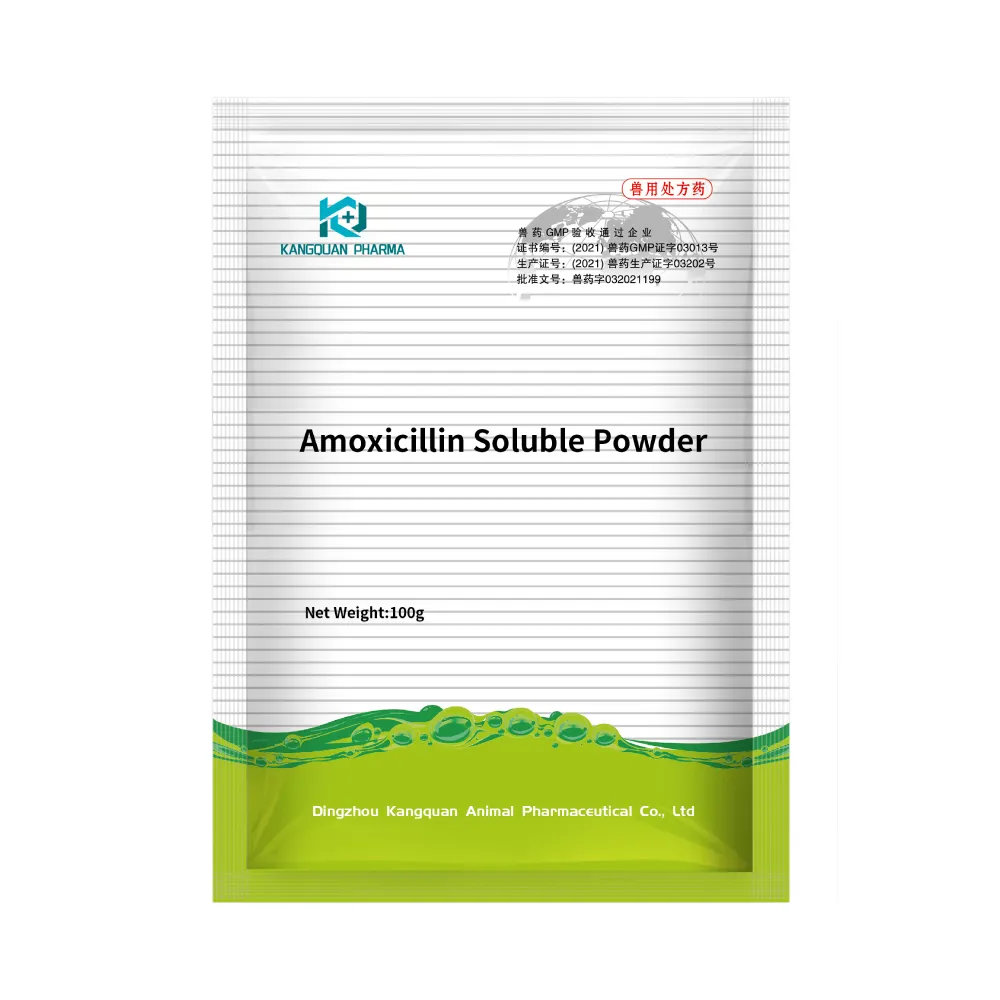- Afrikaans
- Albanian
- Amharic
- Arabic
- Armenian
- Azerbaijani
- Basque
- Belarusian
- Bengali
- Bosnian
- Bulgarian
- Catalan
- Cebuano
- Corsican
- Croatian
- Czech
- Danish
- Dutch
- English
- Esperanto
- Estonian
- Finnish
- French
- Frisian
- Galician
- Georgian
- German
- Greek
- Gujarati
- Haitian Creole
- hausa
- hawaiian
- Hebrew
- Hindi
- Miao
- Hungarian
- Icelandic
- igbo
- Indonesian
- irish
- Italian
- Japanese
- Javanese
- Kannada
- kazakh
- Khmer
- Rwandese
- Korean
- Kurdish
- Kyrgyz
- Lao
- Latin
- Latvian
- Lithuanian
- Luxembourgish
- Macedonian
- Malgashi
- Malay
- Malayalam
- Maltese
- Maori
- Marathi
- Mongolian
- Myanmar
- Nepali
- Norwegian
- Norwegian
- Occitan
- Pashto
- Persian
- Polish
- Portuguese
- Punjabi
- Romanian
- Russian
- Samoan
- Scottish Gaelic
- Serbian
- Sesotho
- Shona
- Sindhi
- Sinhala
- Slovak
- Slovenian
- Somali
- Spanish
- Sundanese
- Swahili
- Swedish
- Tagalog
- Tajik
- Tamil
- Tatar
- Telugu
- Thai
- Turkish
- Turkmen
- Ukrainian
- Urdu
- Uighur
- Uzbek
- Vietnamese
- Welsh
- Bantu
- Yiddish
- Yoruba
- Zulu
Dhj . 11, 2024 11:50 Back to list
what drugs are used for parasites
Drugs Used for Parasites An Overview
Parasitic infections continue to pose a significant global health challenge, affecting millions of people each year. With a wide array of parasites, including protozoa, helminths, and ectoparasites, the treatment options available vary based on the specific type of parasite, its life cycle, and the location of the infection. This article provides an overview of commonly used drugs for treating parasitic infections, their mechanisms of action, and key considerations in their use.
1. Antiprotozoal Drugs
Protozoan parasites, such as *Plasmodium* (which causes malaria), *Giardia lamblia*, and *Entamoeba histolytica*, require specific medications for treatment. Some well-known antiprotozoal drugs include
- Chloroquine Widely used for the treatment and prevention of malaria caused by *Plasmodium vivax* and *Plasmodium falciparum*, chloroquine works by interfering with the parasite's ability to detoxify heme, leading to its death.
- Metronidazole Effective against *Giardia* and *Entamoeba*, metronidazole is a nitroimidazole antibiotic that disrupts the DNA of protozoa, impairing their replication and survival.
- Nitazoxanide This broad-spectrum antiparasitic is effective against various protozoa and helminths. It works by inhibiting the parasite’s energy metabolism and has shown promise in treating infections caused by *Giardia* and *Cryptosporidium*.
2. Anthelmintic Drugs
Helminths are parasitic worms that require different treatment approaches. Anthelmintic drugs are classified into various groups based on their action. Some key drugs include
- Albendazole A member of the benzimidazole class, albendazole is commonly used to treat infections caused by various helminths, including *Ascaris*, *Ancylostoma*, and *Toxocara*. It inhibits the worms' ability to absorb glucose, leading to their ultimate death.
what drugs are used for parasites

- Mebendazole Similar in action to albendazole, mebendazole is effective against a range of intestinal worms
. It disrupts the worm's microtubule formation, impairing their glucose uptake.- Praziquantel This drug is the treatment of choice for schistosomiasis and infections with *trematodes* (flukes) or *cestodes* (tapeworms). Praziquantel works by increasing the permeability of the worms' membranes to calcium ions, leading to paralysis and death of the parasites.
3. Ectoparasitic Treatments
Ectoparasites, such as lice and scabies mites, infest the skin and hair. Common treatments include
- Permethrin An insecticide used for treating scabies and head lice, permethrin acts by disrupting the nervous system of the parasites, leading to their death.
- Ivermectin Originally developed as an antiparasitic agent for livestock, ivermectin is effective for treating scabies and certain forms of lice. It paralyzes the parasites, preventing them from feeding and reproducing.
Considerations in Treatment
When treating parasitic infections, it is crucial to consider factors such as drug resistance, potential side effects, and the specific characteristics of the parasite involved. For instance, the emergence of *Plasmodium falciparum* resistant to chloroquine has led to the development of combination therapies such as artemisinin-based combination therapies (ACTs). Additionally, patient compliance, underlying health conditions, and potential drug interactions must be assessed to ensure effective treatment while minimizing adverse effects.
Conclusion
The fight against parasitic infections relies heavily on an array of available medications. Understanding the types of parasites and their respective drugs is essential for effective treatment. With ongoing research and development, the landscape of antiparasitic therapies continues to evolve, promising better outcomes for individuals affected by these pervasive diseases. As public health efforts expand, it is crucial to remain vigilant against the threat of resistance and to enhance access to effective treatments globally.
-
Guide to Oxytetracycline Injection
NewsMar.27,2025
-
Guide to Colistin Sulphate
NewsMar.27,2025
-
Gentamicin Sulfate: Uses, Price, And Key Information
NewsMar.27,2025
-
Enrofloxacin Injection: Uses, Price, And Supplier Information
NewsMar.27,2025
-
Dexamethasone Sodium Phosphate Injection: Uses, Price, And Key Information
NewsMar.27,2025
-
Albendazole Tablet: Uses, Dosage, Cost, And Key Information
NewsMar.27,2025













